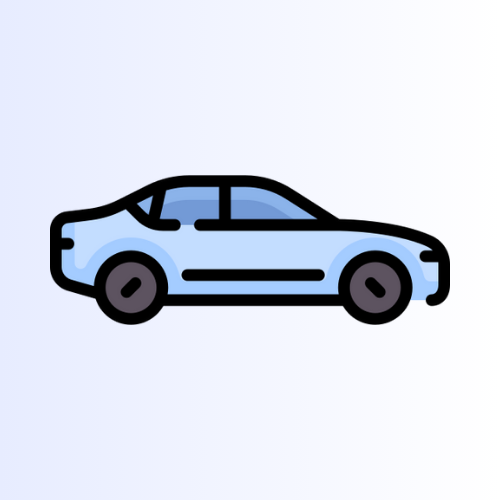SUV breaks have been an issue, ever since the 2022 May inspection, in which Rotors and Pads were replaced. Just the fronts were replaced.
The brakes started sqeaking at first, and then the car started to shake mildly when breaking. This eventually got worse.
The car was taken to the shop sometime around September, and the Rotors were sanded down. This fixed the issue for about a month.
The brakes being squeaking again. The car was taken to the shop again, but they didn’t hear it when taking it for a test drive.
Car started shaking again.
I didn’t bring it up during the May inspection in 23. The Rotors were then replaced around June of 23.
The car has started to squeak again when breaking, but only at around 50 mph or above.


You are describing a car with overheating brakes. Brakes squeaking is from “glazing”, which causes a high frequency slip and grip that “rings” the rotor like a bell. Wet finger on the rim of a glass is the same idea. Some squeak is normal, just annoying. The shake can be caused by a few things, but since we are talking brakes, the rotor being warped is most likely.
Why the brakes are overheating are usually due to two factors, caliper issues or improper use of the brakes.
Caliper issues can be things like a sticking piston or sticking slide pins. The technician who did the brakes should have cleaned the pins as well as the hole they go into and lubed them. The grease that the pins use to slide can gum up and cause the caliper to stick and seize, resulting in the pads not retracting away from the rotor, just like you were riding the brakes. The “saddle” that the pads sit in can also be a sticking point due to rust or improper brake pad hardware installation. The tech should have cleaned up the channels that the pads ride in and lightly lubed them. A sticking piston will have the same result, the pads riding the rotor too much and excessive heat and wear results. Too much heat cause by either issue can result in both issues being observed.
Improper use of the brakes is usually riding the brakes, like in heavy traffic, or hard braking habitually. Long braking periods of light pressure can also cause excessive heat to build.
I am not saying the shop did a bad job, but that is as likely a possibility as bad braking habits from where I am sitting with the information available.
And since hard braking isn’t always optional, it’s important to know how to avoid leaving significant pad deposits. Try to avoid completely stopping by leaving a little extra space to keep rolling slowly. Obviously it’s not always possible due to traffic conditions, but I haven’t had a “warped” rotor in about 10 years that hasn’t been caused by a sticking caliper.
Rotors are almost never truly warped but rather have sticky spots from transferred brake pad material. The shaking comes from the sudden higher braking force of the sticky spot coming around again, forcing the car’s momentum to try to pivot around that one wheel. A truly warped rotor doesn’t change the braking force much as long as the floating caliper is free to slide. If they do get deposits, you can also try cleaning them with the “brake bedding” sequence used for new pads. It’s a mix of high speed and hard/moderate brake applications followed by a 10 minute steady speed cool down drive. Just remember: don’t fully stop
Could also be bad brake hoses. Some vehicles are prone to them getting restricted.
True. Technicians letting the caliper hang by the brake hose can also cause a failure of the hose in any vehicle with some miles on it.